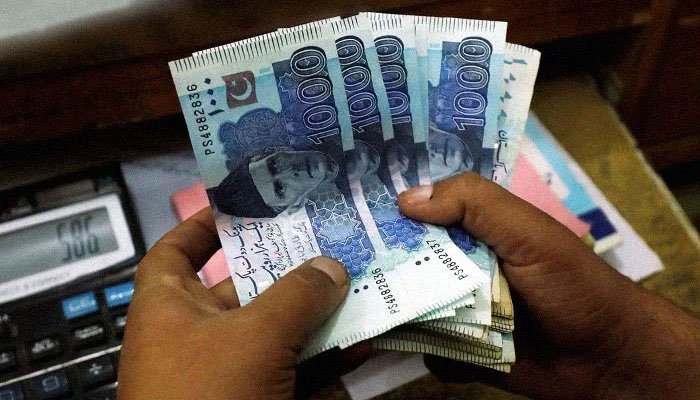Why Pakistan’s default risk drastically growing?
According to sources, Pakistan’s default risk has drastically grown due to political unrest and uncertainty surrounding negotiations with the International Monetary Fund (IMF). Five-year credit-default swaps (CDS), insurance contracts that shield an investor against a default, were used to gauge the country’s default risk, according to sources.
The credit-default swaps surged on Wednesday, rising to 75.5% from 56.2%, according to data made available by the research firm Arif Habib Limited, which sources cited. The rise in CDS indicates a “severe scenario” that makes it very challenging for the government to borrow money from the markets in the form of bonds or commercial borrowings to raise foreign currency.
This fiscal year, Pakistan requires between USD 32 billion and USD 34 billion to cover its obligations abroad. Pakistan still needs roughly USD 23 billion for the remainder of the fiscal year, according to financial analysts. Notably, according to the article published in Dawn, Pakistan is still a participant in the IMF programme, which enables it to get funding from the World Bank, the Asian Development Bank, and the Asian Infrastructure Bank.
Even though Pakistan had promised the IMF it would cut the fiscal deficit by $1.50 trillion this fiscal year. However, as the gap widens in the first quarter, the issue is getting worse. Last week, official sources in the US claimed that the Pakistan-IMF negotiations have been delayed.
The IMF and Pakistani government scheduled early November negotiations which have been tabled until the third week of November, according to sources. After Pakistan completes its promise to modify the sales tax on petroleum goods and implements other actions required under a financing arrangement revived earlier this year, the negotiations will restart.
The IMF and Pakistani negotiations were postponed following the publication of the World Bank’s study on flood damages in Pakistan in October, according to official sources who spoke to Dawn. On December 5, Pakistan must pay USD 1 billion to cover the maturity of five-year Sukuk or Islamic bonds.
The international market is not ready to believe Pakistan’s finance minister Ishaq Dar’s repeated guarantees for Sukuk payment as the country’s economy battles to avoid default by borrowing more from the markets, donors, commercial banks, and friendly nations.
The financial industry claimed that the Fund was requesting new taxes to boost liquidity and prevent the growth of the budget deficit. According to the report, the government needs to raise at least 800 billion, which would be challenging given the economy and political unrest and may be accomplished by enacting additional taxes.
Political unrest has engulfed Pakistan since Imran Khan was ousted from government in a vote of confidence in April. Imran Khan, the leader of the Pakistan Tehreek-e-Insaf, claimed that the US was preparing to depose him.
According to the report, Shehbaz Sharif, the president of the PML-N, was elected as Pakistan’s prime minister after Khan was ousted. 174 lawmakers voted in Sharif’s favour, and members of the Pakistan Tehreek-i-Insaf boycotted the election.
According to a report, the Election Commission of Pakistan (ECP) disqualified Khan and declared him to no longer be a member of the National Assembly in its ruling in the Toshakhana case in October. Khan was discovered to have submitted a fraudulent affidavit and to have engaged in corrupt activities, claims the ECP.
